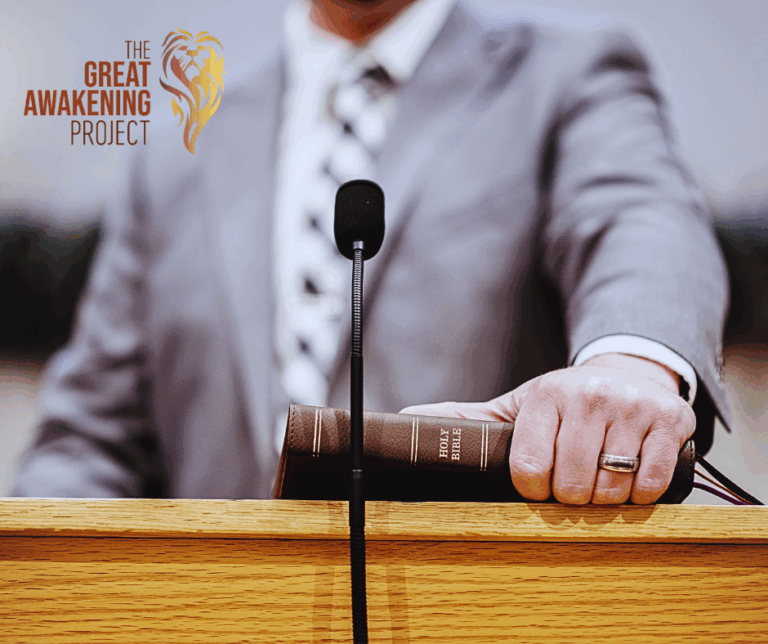
“Shout it aloud, do not hold back. Raise your voice like a trumpet. Declare to my people their rebellion and to the descendants of Jacob their sins.“
– Isaiah 58:1 (NIV)
The Johnson Amendment: A Legacy of Silence
For 70 years, the Johnson Amendment restricted churches from speaking freely on civil politics. Introduced by Senator Lyndon Johnson in 1954, it warned pastors to stay silent on candidates or risk losing their tax benefits. Though rarely enforced, it cast a long shadow. Pulpits grew cautious. Congregations disengaged. Bible-believing churches stepped back, while progressive pulpits spoke freely—applauded and untouched.
But that changed this week.
In a recent court filing, the IRS affirmed that pastoral endorsements from the pulpit do not warrant penalty. The agency even referred to such endorsements as “a family discussion.” While the amendment remains on the books, the IRS has made it clear: it will no longer enforce restrictions on political speech delivered during worship.
We are moving beyond the days when pastors whispered at the voting booth or preached vaguely to avoid crossing a line. A new door has opened—and the Church must reclaim its voice.
A Win for the First Amendment—and the Church
The Johnson Amendment always stood in tension with the Constitution, as the First Amendment was never meant to silence the church. It was meant to protect its voice.
Our Founders knew that a free society could not flourish apart from moral clarity, and moral clarity came from pulpits unafraid to speak truth. They built a government that recognized rights come from God—not from man—and that the church had a rightful place in public life. Churches have long shaped our moral and political conversations—from colonial liberty to abolition to the pursuit of justice. The pulpit was never meant to be neutral.
The Church Cannot Afford to Stay Silent
This new IRS clarifies what is already true: churches are part of the public square. Their voice is crucial, and they deserve more space for political speech, not less.
When pastors stayed silent out of fear, they handed the microphone to those unafraid to use it. That silence created an imbalance. Biblical convictions about life, family, and truth were often dismissed as divisive, while messages that contradicted Scripture received praise. No wonder many pastors now question where conviction ends and offense begins.
Let us be clear: preaching justice, peace, and the image of God in every human being is inherently political—but it is not un-Christian. What is unfaithful is remaining silent while culture spirals into confusion.
The two most important things a church can do are preach the Gospel—and encourage believers to vote for righteousness, so we remain free to preach the Gospel.
Freedom Thrives When Truth Speaks Boldly
This moment is not just about legal protection. It is about spiritual boldness. Truth does not wait for permission, but rejoices when justice finally catches up. With this change, pastors can once again connect Scripture to the ballot box—not to become campaign arms, but to shepherd their people with boldness and truth. Let us sound the trumpet. Let us endorse righteousness and name names when truth demands it.
The Church is not a spectator in the direction of this nation but a pillar, anchored in the same truth that shaped our founding.
This is not something new. It is a return—a restoration of the Church’s voice and a realignment with the Founders’ vision: freedom thrives when truth speaks boldly.
